As indicated last week, not all milk producers in Northern Ireland have alternative buyers beating a path to their door.
There is a strong element of ‘‘cherry picking’’ in the campaign to sign suppliers, with the smaller producer or inconveniently located farm not in strong demand. It is clear that some of the buyers are careful about any attempt to ‘‘poach’’ suppliers from each other.
This tends to leave members of United Dairy Farmers as the main targets for other milk buyers, although suppliers to Town of Monaghan and Fane Valley have also been among the movers in recent times. It’s not known how many members of United have notices to quit due to reach the 12 months stage at 31 March, but there have been instances of milk buyers paying the penalties for certain producers who choose to quit United without the full 12 months notice.
Some are believed to be advising United members to serve notice to quit but hold on until September. This would mean that any new buyer doesn’t have to cope with extra milk during the peak supply period of April to June. The capacity is always there to take more milk in the autumn and winter, when perhaps price prospects may have improved.
The strong prices paid by Aurivo Co-op since it acquired the milk business of Donegal Creameries have seen them gain ground as potential buyers of milk from more farmers who would not previously have considered the Donegal Creameries proposition.
Currently, it is apparent that Lakeland Dairies and Glanbia Cheese are unlikely to entertain approaches from each other’s suppliers – they seem to be ‘‘off-limits’’ for recruitment.
A downturn of 8.8% in the average price index for dairy commodities sold on the Global Dairy Trade (GDT) internet auction this week has put a damper on any expectations of great strength in the market for 2015. This confirms the message that has been going out from the milk processors in recent times.
The GDT price drop this week follows several positive auction results, including two sales in February at which the price index rose by around 10% each time. Bidding at this auction won’t have been helped by the recent threat of product contamination in infant formula at the massive New Zealand dairy co-op, Fonterra (reported in last week’s Irish Farmers Journal). If that difficulty gains traction in the market, it could open up demand for European product – but lower prices for New Zealand product generally tend to be bad for the market overall as they cut prices to shift powder rather than allow stocks to build.
Latest auction
The latest auction sold just over 20,000t of dairy products, with more than half being whole milk powder. The WMP price index was down by 9.6% to US$2,928/t and the various delivery contracts all saw reductions, which ranged from 11.3% in May (average price $2,868/t) to 7.5% in September (average $3,002/t). The stronger exchange rate of the US dollar means that the price falls may not be so great in euro or sterling terms.
Butter prices at this GDT were down by 9.4% to average $3,555/t. The reductions were similar across all months, although the price for September delivery at $3,735/t was significantly higher than May’s average of $3,555/t. Butteroil (AMF) showed a similar trend, down 8.4% to average $3,877/t. Skimmed milk powder, which accounted for almost 25% of the product sold, was down by 5.5% to average $2,731/t.
Meanwhile, the official reported Dutch prices on Wednesday this week showed a drop of €120/t for butter to average €3,300/t, which is close to the GDT average price. WMP was unchanged at €2,880/t, but SMP fell by $30/t.



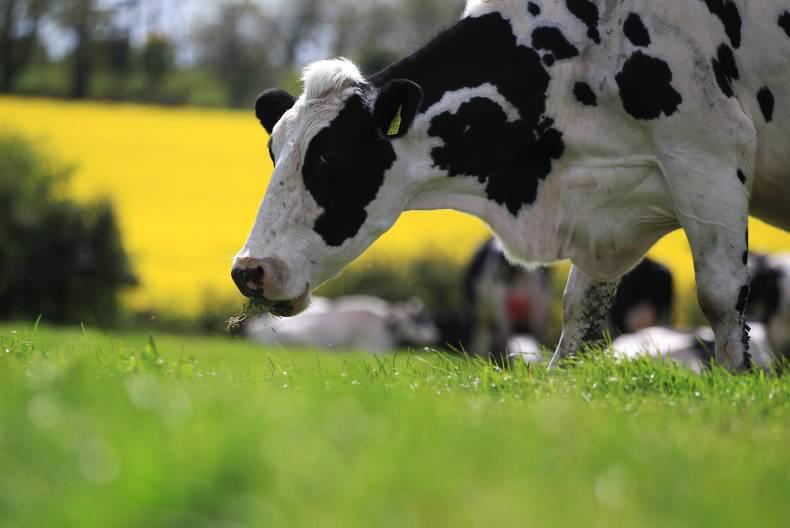

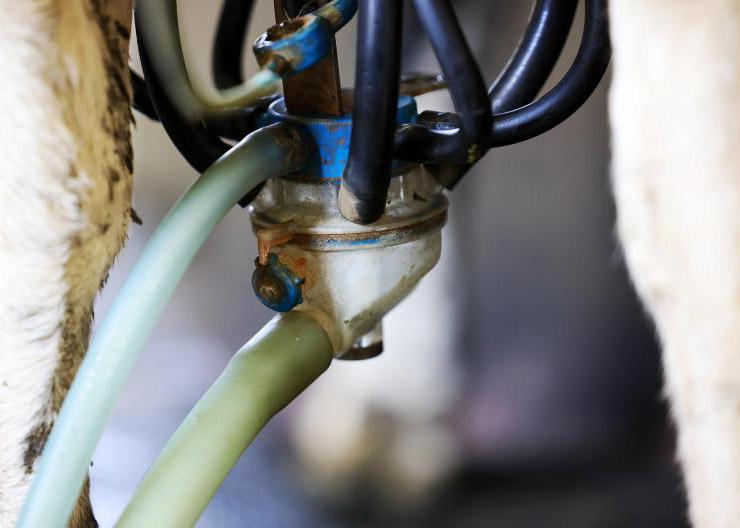

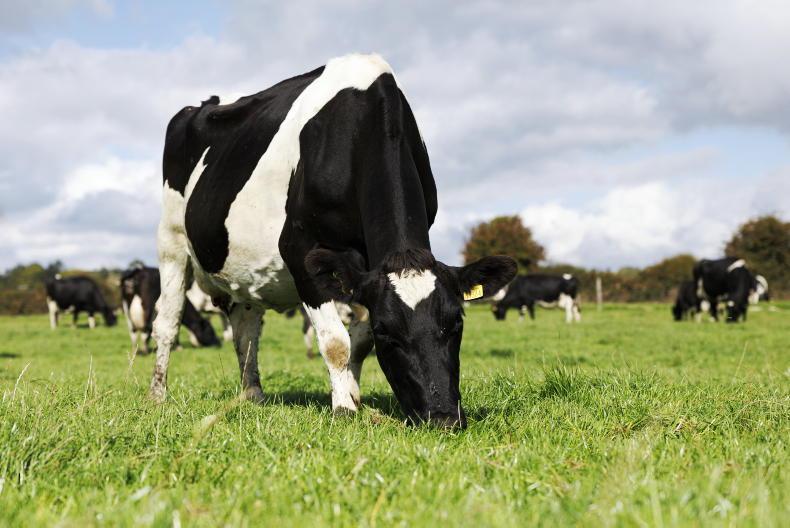
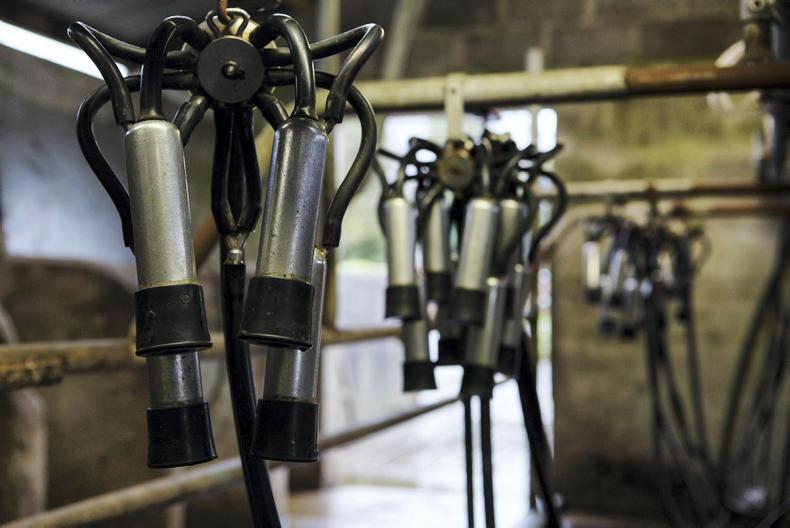
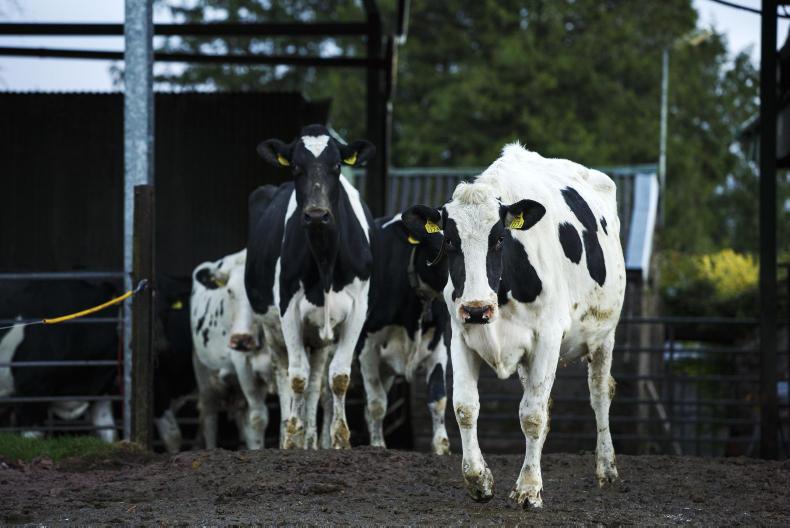
SHARING OPTIONS